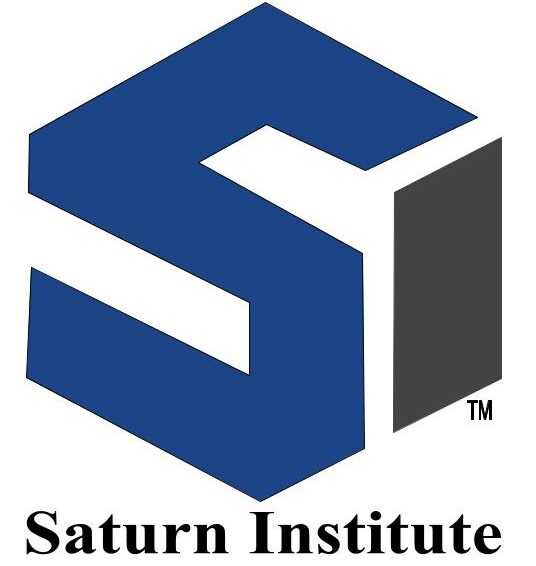The Academic Board of an institute is the primary body responsible for overseeing and maintaining the academic standards, quality, and direction of the institution’s educational activities. It serves as the key academic authority and typically advises the governing body (such as the Board of Trustees or Governors) and the senior management on all academic matters.
Here’s a breakdown of its key characteristics and functions:
Core Purpose:
- To ensure the quality and integrity of the institute’s teaching, learning, and research activities.
- To develop, review, and monitor academic policies, regulations, and procedures.
- To advise the governing body on academic strategy and priorities.
Key Responsibilities typically include:
- Curriculum Development and Approval: Overseeing the design, development, approval, and review of academic programs, courses, and modules.
- Academic Standards: Setting and maintaining academic standards, including admission requirements, assessment methods, grading policies, and graduation requirements.
- Teaching and Learning Quality: Promoting and monitoring the quality of teaching, learning, and the student academic experience.
- Assessment and Examinations: Establishing policies and procedures for examinations, assessments, and the appointment of internal and external examiners.
- Academic Awards: Recommending the conferment of degrees, diplomas, certificates, and other academic awards.
- Research and Scholarship: Promoting and supporting the institute’s research activities and ensuring ethical research conduct.
- Academic Policies and Regulations: Developing, reviewing, and approving academic policies, regulations, and codes of practice (e.g., academic integrity, student conduct).
- Student Academic Matters: Considering and making recommendations on student academic appeals, disciplinary matters, and other related issues.
- Quality Assurance: Participating in internal and external quality assurance processes and reviews.
- Resource Allocation (Academic): Advising on the allocation of resources to support academic activities.
Collaboration and Partnerships: Overseeing academic collaborations and
